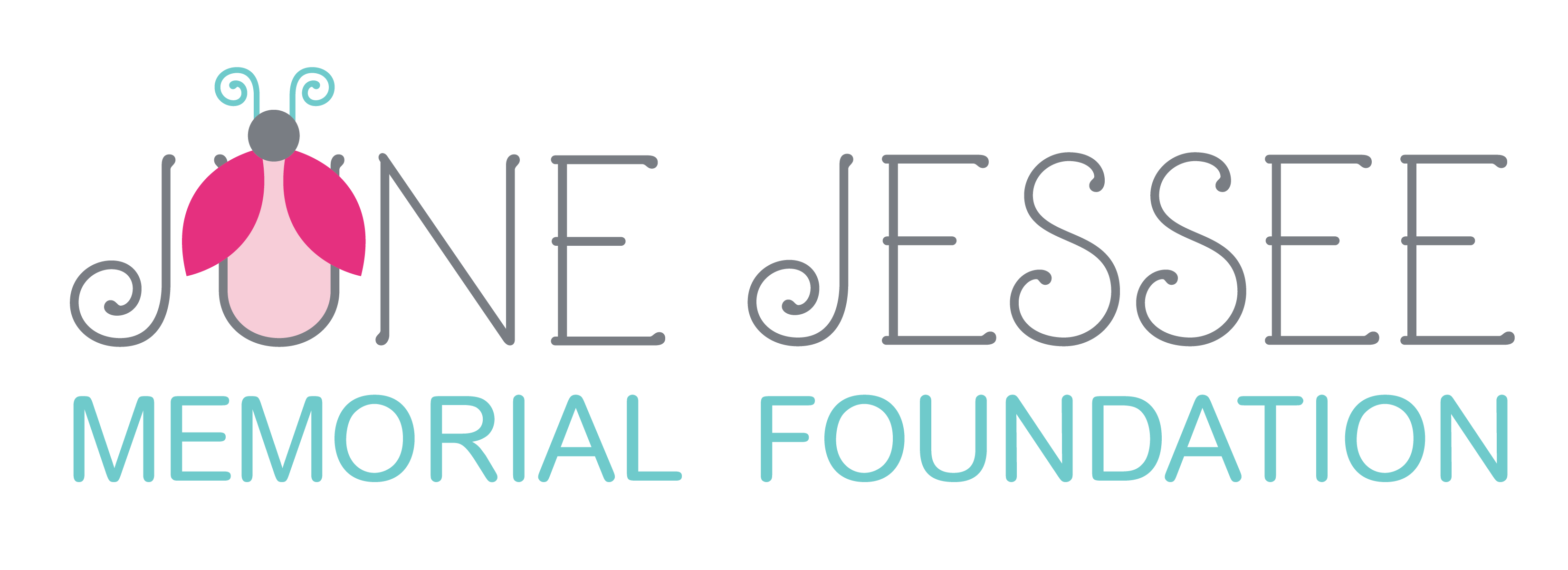Helping with Unexpected Costs of Care

Beckett is a happy two-year-old boy who loves dogs, food, and being around people. His life hasn’t been that of a typical toddler, though.
When Beckett was a baby, his parents noticed that he was developing a little slowly. He was hitting the typical milestones, but later than usual. He also had head drops and eye flutters–which are both early signs of epilepsy. A head drop happens very quickly and usually is over within 15 seconds. When a baby’s head suddenly drops forward, it can be due to an “atonic” seizure, a quick loss of muscle tone that causes the head to drop forward or to the side. (“Atonic” means “without tone.”) His parents, Jade Venditte and Joe Page, were naturally concerned.
At 11 months, Beckett could sit up, but had begun experiencing more general loss of muscle tone. His parents took him to a specialist, who referred them to St. Louis Children’s Hospital.
At St. Louis Children’s, Beckett was diagnosed with epilepsy. Thus followed months of frustration and real fear for Jade and Joe. They felt confused and alone. Beckett’s situation seemed unique; the reason for the seizures remained unsolved. Beckett was constantly bruised and needed to wear a helmet to protect his head when it would suddenly lurch forward, which was happening up to 40 times an hour.
Dr. Liu Lin Thio and the pediatric neurology team at St. Louis Children’s Hospital prescribed several different anti-seizure medications, as well as physical therapy, occupational therapy, and speech therapy. Beckett began to make real progress, and Jade and Joe started feeling a little better. Finally, they thought they had wrested some control over the situation.
But PT and OT can be really expensive, and though they’d been assured insurance would cover the costs, this turned out not to be the case. They wound up with a huge bill for these services. While sitting in the doctor’s office at St. Louis Children’s, Jade started crying. Just when it seemed like they’d achieved some stability, they found themselves walloped with a huge, unexpected expense. The hospital social worker, Brittney Young, told Jade about the June Jessee Memorial Foundation fund, and they became an early recipient of a grant. They used the money to pay the back therapy bills and other medical bills.
Within six months of receiving the grant, Beckett’s head drops had completely stopped. The only sign of the epilepsy was two or three eye flutters a day. He was also able to communicate to some degree using sign language. Orthotics and a walker were helping him walk independently. His parents also said he was doing well in school with his peers—learning how to just be a kid.

